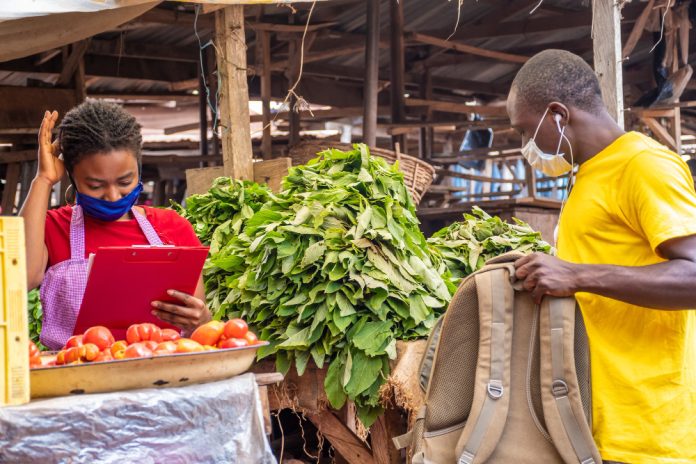The imperative for a shift in how we produce and distribute food has never been clearer especially in a world grappling with the complexities of a burgeoning food crisis, exacerbated by factors such as the Covid-19 pandemic, geopolitical conflicts like the one between Ukraine and Russia, and the ever-present specters of climate change and population growth. This crisis, magnified by the interconnected challenges of resource-intensive farming practices, underscores the urgency of a paradigm shift towards sustainability in global food systems.
A study by PwC delves into these issues, revealing the significant long-term effects of climate change and demographic changes on global food security, along with the associated risks of increased living costs, poverty, and social instability. Andrew Dale, a PwC Africa assurance partner, emphasizes the critical nature of addressing food security and affordability for global prosperity and well-being. He draws a parallel to the post-World War II era, suggesting that just as agriculture was fundamental to the reconstruction then, a similar, albeit sustainable, rebuilding of our food economy is crucial today.
Also read: Climate change could turn up the heat on food inflation
Amidst these challenges, there are signs of positive evolution within the food production value chain. Awareness and adoption of sustainable agricultural practices are on the rise across Africa, spurred by a combination of regulatory shifts, consumer demand, and innovative approaches from food producers and their partners.
PwC’s report, “The sustainable food revolution: Future-proofing the world’s food supply,” outlines actionable strategies for the food industry to sustainably meet future nutritional demands without causing a spike in food prices. It highlights the critical areas of minimizing food losses in the supply chain, adopting cleaner production methods, and encouraging food substitutions at the consumption level.
Key insights from PwC’s Africa-focused research include the profitability and environmental benefits of organic farming, despite its challenges of higher labor costs and lower yields. The integration of agricultural technology (agtech) and precision agriculture, leveraging artificial intelligence (AI) and big data, promises more efficient use of resources and reduced environmental impacts. Addressing food losses, particularly in distribution and retail, emerges as a priority, with the need for greater supply chain transparency to build consumer trust and loyalty.
Regulatory changes and the intensification of environmental, social, and governance (ESG) requirements are shaping the food industry, influencing everything from sustainability reporting and animal welfare standards to the management of water and fertilizers. These shifts are not just about compliance but also about seizing the opportunity to lower capital costs for ESG-compliant businesses and responding proactively to greenhouse gas (GHG) emission reduction targets.
The call to action is clear: the food industry stands at a crossroads, with the choice to either lead the charge towards sustainability or to lag behind, reacting to external pressures. Lullu Krugel, PwC Africa sustainability leader, articulates the need for the food industry to navigate a complex landscape of procurement, production, storage, transportation, and consumption, all while meeting evolving environmental and social justice expectations. This moment, Krugel argues, is key for stakeholders to consider their role in this transformative cycle and to maximize the impact of these changes on both their businesses and society at large.




